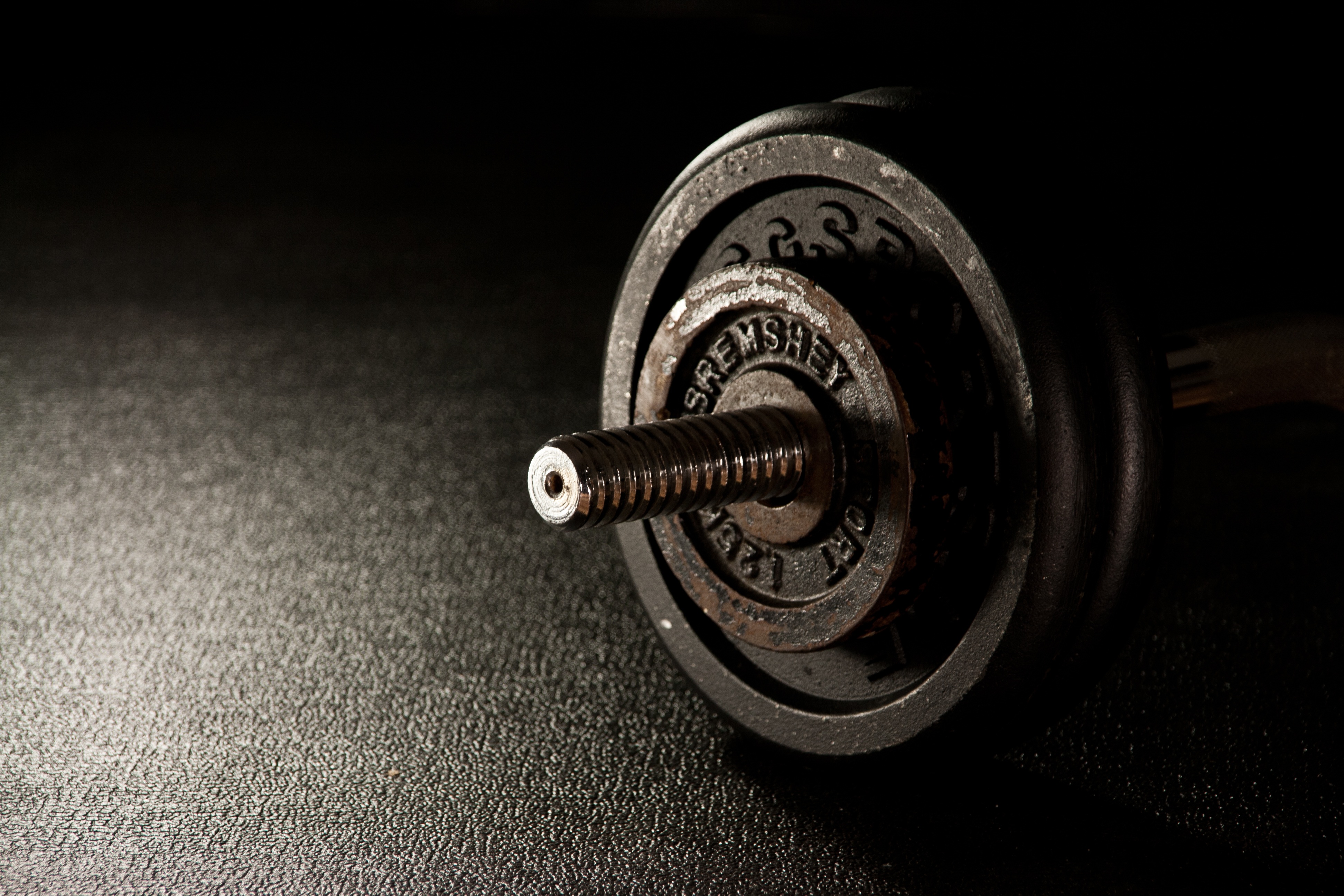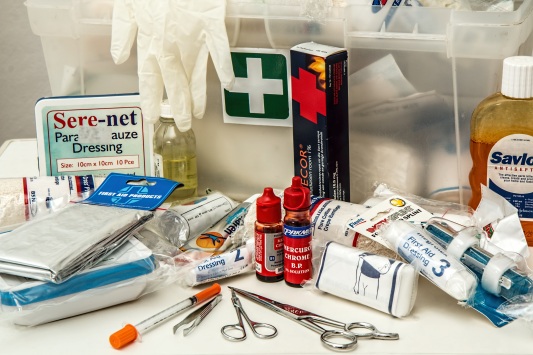Skip to main content
ways to enhance athletic performance

In the media firestorm around athletes using illegal substances to gain a competitive (if illegal) edge, natural and safe performance enhancers have gotten a bad rap. But bodybuilders and other serious athletes have often been the vanguard of using and promoting healthy nutrients for better strength and endurance. Plenty of nutritional supplements can enhance your athletic prowess—not by working as stimulants, but rather by tweaking your biochemistry to boost energy levels, improve performance, and build muscle, as well as aid recovery.
Without a doubt, protein is number one. “Higher dietary protein intakes are anabolic [which means they are muscle building], not just for athletes, but for all people,” says Loren Cordain, PhD, professor of exercise physiology at Colorado State University, Fort Collins, and coauthor of Paleo Diet for Athletes (Rodale, 2012). That’s because muscle consists mostly of protein, a word derived from the Greek proteios, meaning “of greatest importance.” Here’s what to take in when you’re working out.
Performance enhancers.
When it comes to energy and stamina, think in terms of mitochondria. All of your body’s cells, but especially muscle cells, contain these specialized structures that break down carbs and fats for energy. Coenzyme Q10 (coQ10), L-carnitine, and the B-complex vitamins help convert food molecules to adenosine triphosphate (ATP), a molecule that carries the chemical energy produced in mitochondria. Later on, creatine helps cells recycle and reuse ATP.
Also, recent studies on the amino acid beta-alanine show that it can significantly boost athletic endurance.
Dose:
100 mg coQ10; 1,000 mg L-carnitine; a B-complex supplement; 5 g creatine; or 6 g beta-alanine daily.
Muscle and strength builders.
The protein that forms muscle consists of chains of amino acids. So if you want to increase your lean muscle and strength, consume more protein. Protein supplements abound, with most sold as powders to be mixed with water or other liquids. Look for whey (derived from dairy) or vegetable-source proteins such as soy, algae, and hemp, as well as multi-amino-acid supplements.
Recovery aids.
If you exercise strenuously, you’ll end up with sore muscles and may need a little help to quickly bounce back. “L-leucine and the other two branched-chain amino acids (BCAAs), L-valine and L-isoleucine, are different from other amino acids because they stimulate both the building and repair of muscle,” says Cordain. Although most studies have focused on men, a 2013 University of Vermont study found that BCAAs improved post-exercise recovery and eased muscle soreness in female college students. Curcumin, a powerful natural anti-inflammatory, also appears to reduce post-exercise muscle soreness and stress, according to two new studies.
Dose:
3 g L-leucine, with about 1.5 g each of L-valine and L-isoleucine, daily.
Injury relief.
Intense exercise can lead to inflammatory injuries, including muscle strains. Omega-3s are known for their anti-inflammatory and anti-pain benefits; 15 years ago the Danish Olympic team began using a combination of omega-3 fish oils and gamma-linolenic acid (GLA) to reduce inflammation in injured athletes and speed healing. The same regimen can also help weekend warriors suffering from tendonitis. On the mend? British researchers recently suggested that a combination of omega-3s and L-leucine might prevent muscle atrophy during lengthy periods of healing.
Dose:
About 700 mg omega-3s and 700 mg GLA daily.


 Intense exercise can lead to inflammatory injuries, including muscle strains. Omega-3s are known for their anti-inflammatory and anti-pain benefits; 15 years ago the Danish Olympic team began using a combination of omega-3 fish oils and gamma-linolenic acid (GLA) to reduce inflammation in injured athletes and speed healing. The same regimen can also help weekend warriors suffering from tendonitis. On the mend? British researchers recently suggested that a combination of omega-3s and L-leucine might prevent muscle atrophy during lengthy periods of healing.
Intense exercise can lead to inflammatory injuries, including muscle strains. Omega-3s are known for their anti-inflammatory and anti-pain benefits; 15 years ago the Danish Olympic team began using a combination of omega-3 fish oils and gamma-linolenic acid (GLA) to reduce inflammation in injured athletes and speed healing. The same regimen can also help weekend warriors suffering from tendonitis. On the mend? British researchers recently suggested that a combination of omega-3s and L-leucine might prevent muscle atrophy during lengthy periods of healing.

Comments
Post a Comment